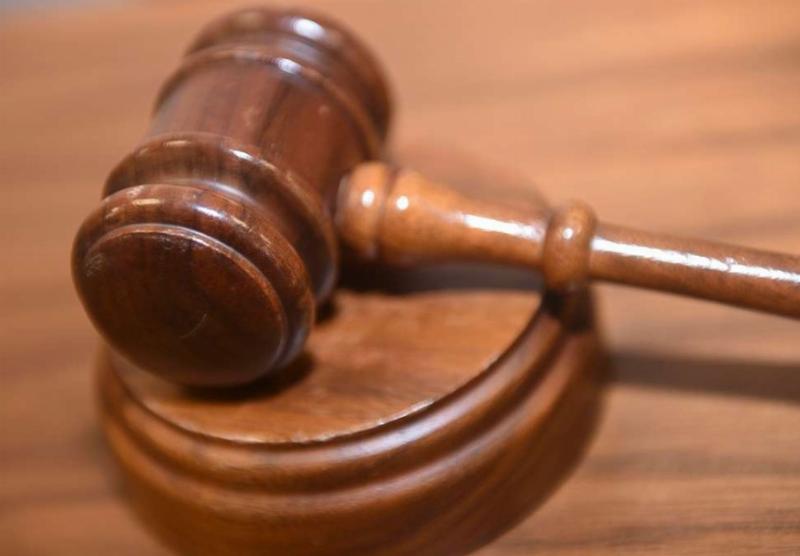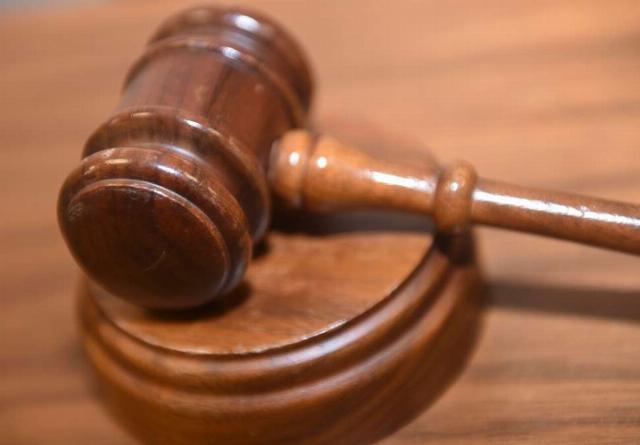


Judge James C. Ho of the Court of Appeals for the Fifth Circuit has given voice to what many of us have seen developing over the recent past with the present make-up of the Supreme Court — a not-so-subtle dislike of President Trump, to put it mildly, and an inexplicable tendency to bend over backwards to give members of designated terrorist groups such as Tren de Aragua the benefit of every conceivable doubt.
The case of AARP v. Trump dealt with one of the many attempts to secure via forum-shopping that which the far left could never achieve at the ballot box: the hindrance or outright frustration of President Trump’s promise to the American people that he would rid the country of the dangerous and cruelly malignant criminal gangs invited in by the treasonous Biden-Harris-Mayorkas “administration” of lawlessness. Very briefly stated, AARP, one of the terrorists so favored by the left (not the organization that lobbies for old codgers like me), represented by the ACLU, went to a federal district court on April 17, demanding that the court issue a temporary restraining order (TRO) enjoining the president and his agencies from deporting them under the Alien Enemies Act, which the court denied. Later that night, at 12:34 A.M., the terrorists went to the court, alleging that they had been told they would be removed “tonight or tomorrow,” and demanded an emergency TRO.
At that time, the judge informed the terrorists and their lawyers that he would give the government twenty-four hours to respond to their emergency application, a most reasonable period of time that any judge, federal or state, I ever appeared before would have granted under similar circumstances. About twelve hours later, apparently deciding that the judge, a highly respected district judge, was not moving fast enough for them, they informed the court (who was during this time presiding over a very complex criminal trial and almost certainly had other concerns on its mind than the urgent needs of terrorists and the ACLU) that they would file an appeal if he did not act within 42 minutes. Yes, you read that right: These most arrogant lawyers actually gave a federal district judge an ultimatum, demanding that he act within literally a few minutes.
Here I must interject a personal note based on my experience of appearing before many federal district judges. Although I am many years away from my times in the courtroom, I can truthfully say I never even thought of giving a federal judge anything even coming close to an ultimatum of any kind, nor have I ever heard of a lawyer with enough hubris to do so.
For our purposes in discussing this most unusual opinion by Judge Ho, it is important to outline the importance of these timelines and the differing interpretations placed on them, first by the Court of Appeal when it first heard the case and then the Supreme Court’s diametrically opposite treatment. The Court of Appeal, considering the question whether the District Court had effectively denied injunctive relief, thereby giving the court jurisdiction to hear the case, said, in the words of one of its judges, that 42 minutes is quite plainly an “unreasonable deadline,” as a result of which the Court of Appeal held that it did not have jurisdiction to hear the appeal. The Supreme Court, however, demonstrating a deep concern for the rights of members of the Tren de Aragua gang, held that because of the judge’s “inaction” for the period 12:42 A.M. on April 18 to 1:30 P.M. that day, they could and did find that the judge had effectively denied the application, giving them and the Court of Appeal jurisdiction to hear the case.
With that perhaps overly “weedy” detailed background, a brief examination of Judge Ho’s concurrence illustrates the unusual directness of his language directed at, and not at all subtly, the seven justices in the majority as well as his approving comments of Justice Alito’s dissenting opinion.
It is quite difficult to pick out a few highlights from such an historically significant opinion, but in just seven pages, Judge Ho says out loud what more and more Americans are beginning to believe — sadly — about our system of justice. For example:
As an inferior court, we’re duty-bound to follow Supreme Court rulings — whether we agree with them or not. We don’t have to like it. But we have to do it. So I concur in our order today expediting our consideration of this matter, as directed by the Supreme Court. But I write to state my sincere concerns about how the district judge as well as the President and other officials have been treated in this case. I worry that the disrespect they have been shown will not inspire continued respect for the judiciary, without which we cannot long function.
He then explains why the Supreme Court acted unreasonably in “starting the clock” under which the District Court was expected to act at 12:42 A.M., using language rarely seen in any opinion by an inferior court about “favored litigants” and whether “Lady Justice” is still blindfolded (emphasis mine):
But starting the clock at 12:34 a.m. not only ignores the court’s express instructions respecting the Government’s right to respond. It also ignores the fact that the Court is starting the clock at — 12:34 a.m. We seem to have forgotten that this is a district court — not a Denny’s. This is the first time I’ve ever heard anyone suggest that district judges have a duty to check their dockets at all hours of the night, just in case a party decides to file a motion. [snip] If this is not to become the norm, then we should admit that this is special treatment being afforded to certain favored litigants like members of Tren de Aragua — and we should stop pretending that Lady Justice is blindfolded.
As significant as these discussions are, the last astonishingly direct section is, from a legally historical standpoint, by far the most striking. It makes statements not, to my knowledge, seen before in any judicial opinion about the apparent disdain with which the current president is held by some, if not most, members of this Supreme Court:
One former President tried to shame members of the Supreme Court during a State of the Union address by disparaging a recent ruling. That same President also suggested that it would be illegitimate for the Supreme Court to declare an act of Congress unconstitutional — while a case challenging his signature legislative achievement was pending before the Court. Another former President was disbarred from practicing law before the Supreme Court. ... Yet I doubt that any court would deny any of those Presidents the right to express their views in any pending case to which they are a party, before issuing any ruling. Our current President deserves the same respect.
This opinion by a judge of the second highest court in the land draws out in stark relief the concerns so many are beginning to feel about the members of our current Supreme Court. As one prominent legal expert put it, regarding the presumption of regularity extended to all previous presidents, “when judges can decide the President no longer receives that presumption, we have seen a judicial coup.”
As one who spent most of his life dedicated to, and practicing, our Rule of Law, it pains me to say that we are approaching a perilous time in our history, when so many of our citizens are actively wondering, like Judge Ho, whether we are witnessing a judicial coup. I harbor little doubt that we are already there.

Image via Picryl.
